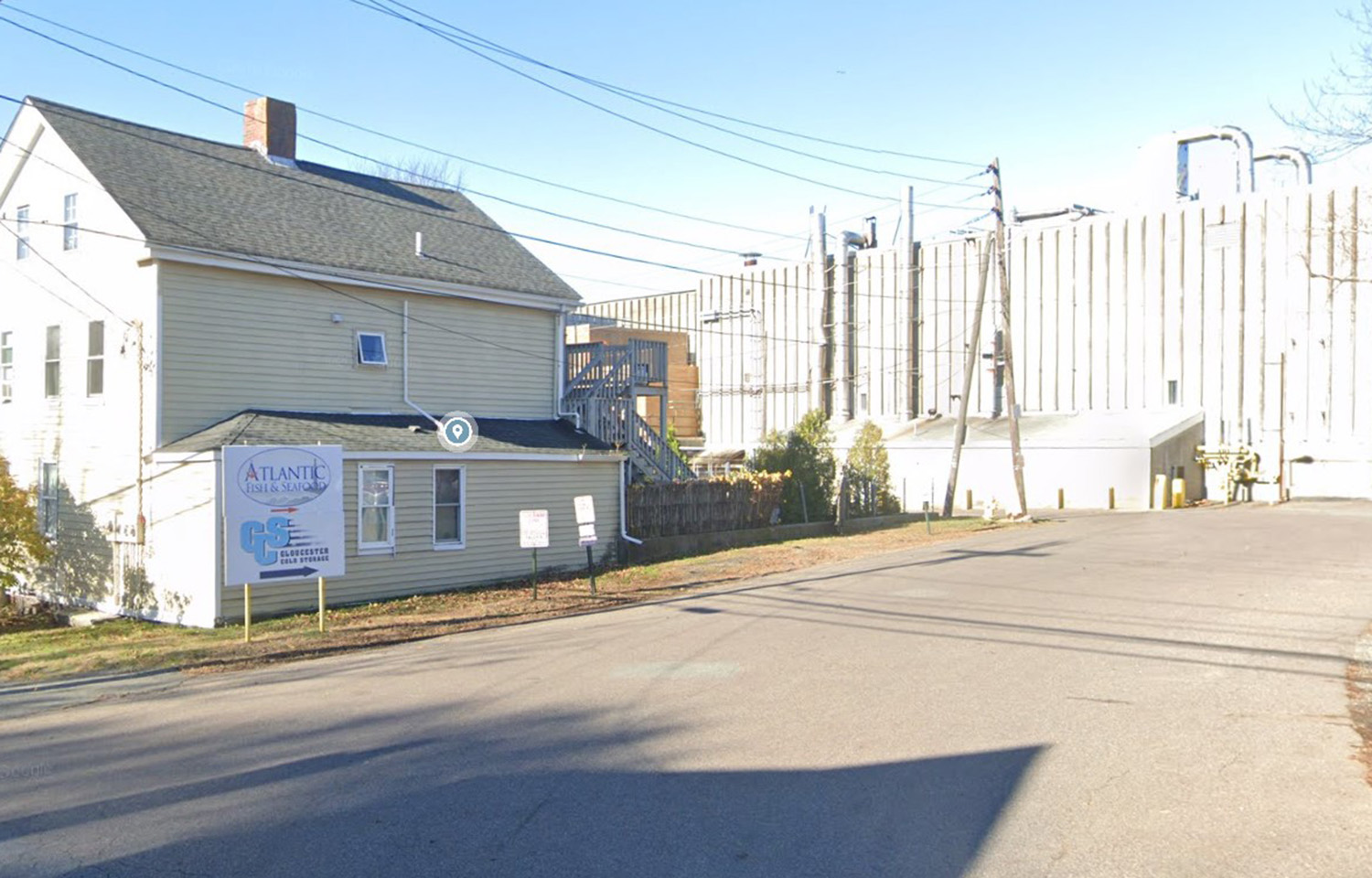The U.S. Environmental Protection Agency (EPA) has fined Gloucester, Massachusetts, U.S.A.-based Atlantic Fish and Seafood for violations of the Clean Air Act related to its handling of anhydrous ammonia.
EPA said NSDJ Real Estate, LLC; Gloucester Cold Storage; and NSD Seafood Inc., which conducts business as Atlantic Fish and Seafood, have agreed to pay a USD 25,000 (EUR 23,100) penalty, address compliance actions, and implement two supplemental environmental projects (SEPs) as a result of the violation. The SEPs, which EPA estimated will cost USD 129,000 (EUR 119,300), will involve installing equipment that eliminates a common source of ammonia leakage and donate ammonia emergency response equipment to the Gloucester Fire Department.
"EPA's mission is rooted in safeguarding all communities from pollution, including chemical releases," EPA New England Regional Administrator David W. Cash said. "This is even more critical with the changing climate and the increased vulnerabilities associated with facilities situated in populated or hurricane-prone areas."
The EPA said its inspections found that Atlantic Fish and Seafood’s facilities, which use two ammonia refrigeration systems, did not meet General Duty Clause requirements on the design and maintenance of a safe facility, did not take steps as necessary to prevent ammonia releases, and did not meet requirements designed to minimize the consequences of accidental releases that could occur.
“EPA consults industry standards of care to determine what it means to violate these requirements, and respondents deviated from many of these standards,” EPA said.
The agency also said Atlantic Fish and Seafood’s Gloucester facility is in an urban setting in a “large and densely populated residential area,” making adherence to safety standards important.
Ammonia is toxic and corrosive to the skin, eyes, and lungs. Workers in the seafood industry have died due to ammonia leaks in the past, and ammonia leaks are grounds for a building to be completely evacuated – even if the leaks are small.
Atlantic Fish and Seafood has since corrected most of its facility's deficiencies, according to the EPA.








